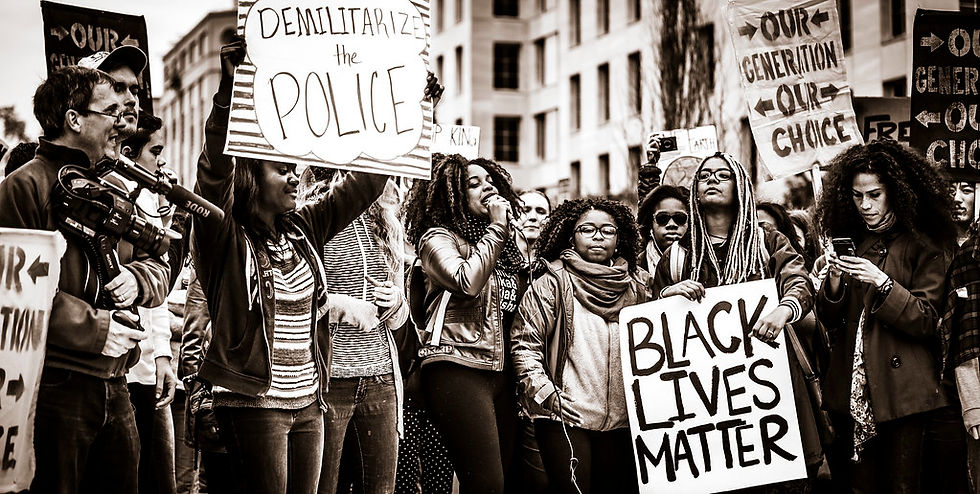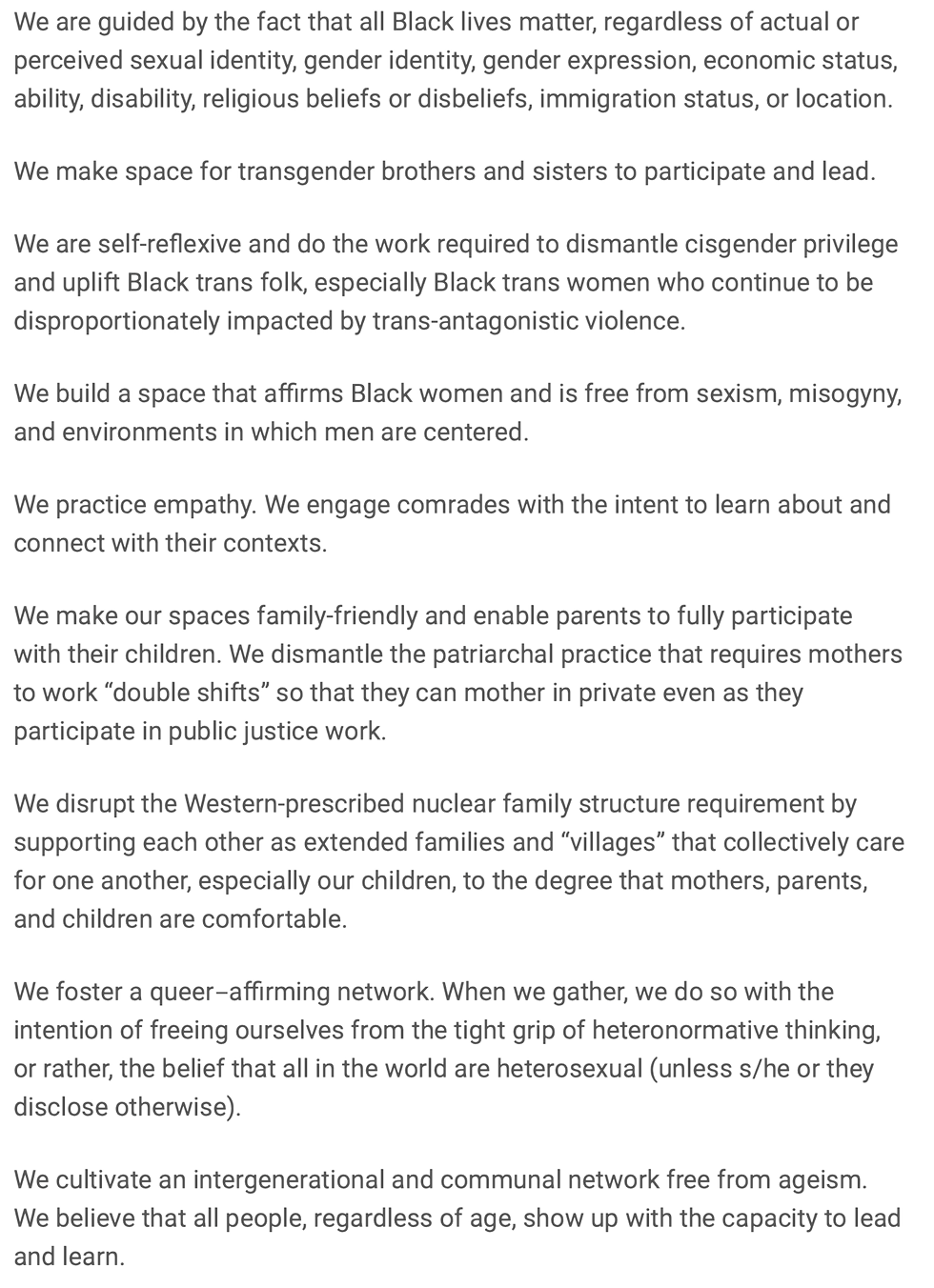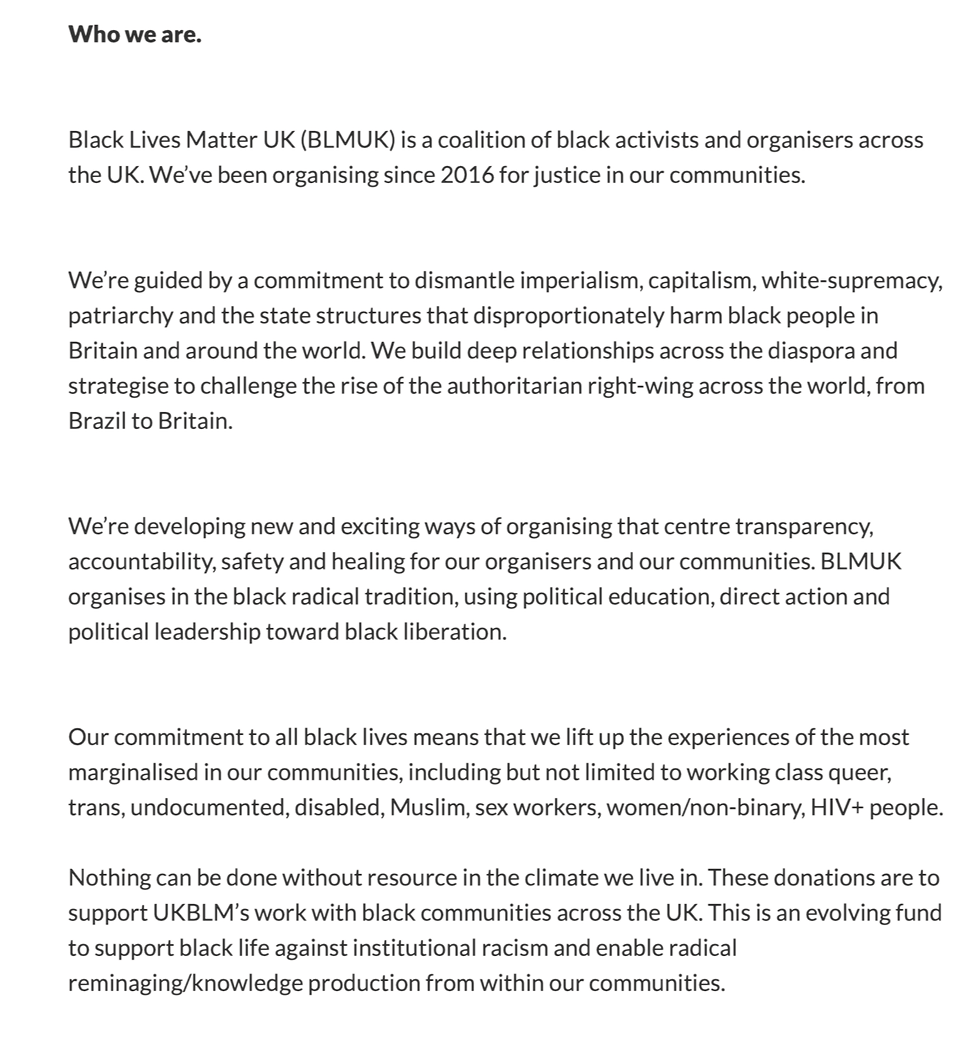
For the last six weeks, the news cycle has been dominated by two things. The first is the continuing epidemic that has now killed over half a million people worldwide. The second is the murder of a black man in Minneapolis by a police officer. The impact that George Floyd’s death has had on the conversation about racism is clear. Following his death, there have been an ongoing series of protests, starting in Minneapolis, before spreading across the United States, and eventually across borders to the likes of Canada, the UK, Australia, Japan, and many others. The vast majority of protests have been peaceful, with some turning violent, with riots and looting becoming news stories in themselves. Central to these protests have been ‘Black Lives Matter’.
The hashtag #BlackLivesMatter emerged in 2013, after neighbourhood watch coordinator George Zimmerman was found not guilty for second degree murder, after shooting an unarmed black teenager named Trayvon Martin. The movement gained attention nationally after protests in the wake of the killings of Mike Brown and Eric Garner by police the following year. The movement was founded to protest incidents of police brutality against black Americans, but has morphed to include other aspects of racial injustice in the United States. Black Lives Matter (BLM) has no clear hierarchal structure, and exists as a decentralised network of chapters across North America, and the world. Black Lives Matter isn’t just a message. It’s a movement.
One of the standout characteristics of BLM is that the movement’s name, is also their slogan. It is direct, unambiguous, and powerful. It is also a PR masterstroke, but we can come back to that later. The basis for the slogan was that police brutality disproportionately impacts black lives, and justice for killings by police was infrequent. The message of ‘black lives matter’ makes the insinuation that within the status quo, black lives don’t matter. As such, the conversation goes beyond police brutality, and encompasses other injustices experienced by the black community within wider society.
But, for many, the slogan goes further than just highlighting these various injustices. It bases itself on fundamental claims about the nature of our societies as a whole. Western societies are fundamentally viewed as white supremacist, where the institutions of power are tilted towards the majority demographic: white people. Concepts such as white privilege underpin our experiences and interactions in such a society. The call for black lives to matter is not just a call to bring attention to injustices faced by black people, it's a claim that these injustices, and privilege, are inherent characteristics within our systems. Racism is viewed as a foundational problem that has existed since the house of the United States, as well as wider western societies, were built, rather than just some untidy rooms, or cracked walls.
The Black Lives Matter political movement however, unsurprisingly goes further yet, offering policy prescriptions for some of these foundational issues. As a decentralised movement, it can sometimes be difficult to ascertain what the political solutions being suggested by BLM are. And that’s a problem… many people likely don’t know. The BLM protests have been sizeable - four polls at the start of June suggested that between 15 and 26 million people had participated in protests in the United States alone. In the UK, ‘Black Lives Matter’ was emblazoned on the back of footballer's shirts in the Premier League, and throughout stadia. Millions of people have posted their support, or donated to their respective BLM chapter - but what do we actually know about BLM as a political movement ?
A brief look at the ‘What We Believe’ page on their website gives us some idea :

It's not just racism within society that BLM is fighting against. It's the entire ageist, cis-gender, heteronormative, patriarchal, Western-prescribed nature of our societies.
Similarly, a look at a GoFundMe page for BLMUK, where they have raised over £1 million, offers further insight :

A tweet by the BlackLivesMatterUK account faced a backlash when it criticised Israel, claimed that British politics is gagged of the right to critique zionism, and asserted that BLM ‘loudly and clearly stand beside our Palestinian comrades’. The BBC responded to this by insisting that its presenters, and guests, should not wear ‘Black Lives Matter’ pins, since as an impartial organisation, it cannot show support for a political movement. Nadine Batchelor-Hunt, herself a black jewish woman, explained how she saw the anti-semitism behind this tweet:
“The language of the tweet has a sinister angle to it - it was playing into the old trope that Jews control the media and global politics”
These various insights give us an interesting perspective of the BLM movement. Though the message of the movement is simple and direct, that black lives should matter, the politics is anything but. But we can establish a general trend: anti-capitalist, anti-western, anti-borders, anti-police, and basically anti anything that contributes towards ‘violence’ towards black people. They are undoubtedly significantly on the left of our politics. And that’s fine. BLM activists are free to argue for that brand of politics, and put forward solutions for the numerous injustices they see. But, how many of those who support Black Lives Matter actually know about its politics ?
Support for BLM has changed in the wake of the murder of George Floyd. Since Floyd’s murder, the number of white Democrats who strongly, or somewhat, support BLM is 91% - up from 64% in 2016. That number is higher than the number of black Americans who support the movement in the wake of the recent protests (86%), which seems strange in itself. A 2016 study found that only 58% of black Americans thought BLM would be effective in helping racial inequality, with 20% arguing it wouldn’t. So, why has support for BLM increased ?
It could be that it’s just received more support as it has become more visible. More people may be understanding the message, especially within the context of a Trump presidency. That may certainly be part of it, but it seems quite simplistic. I would argue that the line between the movement and the message has been blurred. This brings us back to why the name ‘Black Lives Matter’ is a PR masterstroke. Think of the inferences that could be made about someone who voices their opposition to Black Lives Matter… It’s easy to reach the conclusion that they simply don't think that black lives matter, and that may sometimes be the case. But given what we know about the politics of the movement, there’s plenty of reasons someone may oppose the BLM movement. It operates in murky waters so to speak: it's able to create a perception that their fight is just about racial injustices, when in reality, it's broader than that. Since it is widely acknowledged (and rightly so) that there remain substantial injustices faced by black people, BLM have been able to garner a huge swell of support as the face of racial justice. In essence, they have monopolised the fight against racism. This is hugely problematic. Anti-racist movements need to be able to operate within a broad coalition of people, as opposed to being intrinsically linked to a certain brand of politics. Apart from anything else, a BLM movement on the left of politics are far from representative of the black community they are fighting for...
Take the views of black Democrats in the United States. Despite the Democrats consistently receiving 90% of the black vote in the United States, the actually beliefs of black Democrats don't fall in line with their white counterparts. In terms of policy, and ideology, they hold broad views, as with every racial group. Only 29% of black Democrats describe their political views as liberal, compared to 55% of white Democrats. An AP/NORC study found a similar lack of liberal self-identification among all black Americans, with more saying they were conservative (27%), than liberal (26%), and 44% identifying as moderate. A majority of black Democrats (55%) believe a belief in God in necessary to be moral (compared to only 11% of white Democrats), and only 51% of black Americans favour same-sex marriage. Despite such high support for BLM in 2020, black Democrats aren’t overly supportive of moving away from capitalism and towards socialism, with only 33% of under 45s, and 13% of over 45s embracing a move towards a socialist society. How does this square with the social and political goals of the Black Lives Matter movement, such as LGBTQ+ rights, and the dismantling of capitalism ?
The answer is that it doesn't. Yet, since such a high proportion of black voters who vote, vote Democrat, they are treated as a homogenous voting block. Black individuals who oppose some of the goals of the progressive alliance, or criticise the BLM movement, are consequentially treated as enemies. Actor Terry Crews received a twitter backlash for warning that ‘defeating white supremacy without white people creates black supremacy’. He also explained how black people are judged for their blackness:
“When you’re white you can be Republican, Libertarian, Democrat. You can be anything. But if you’re black, you have to be one thing.”
The pressure on black voters to think a certain way has been explored in various studies. A 2012 study by the American National Election Study found that when interviewed by a black interviewer, 96.4% of black respondents said they were a Democrat, compared to 83.9% when the interviewer was not black, and 85% in an online survey. Similarly, a second study showed that black students would donate 80% more money to Obama when paired with a black actor who exclaimed they were donating money, than if they were to make their donation with nobody else in the room. These studies may suggest that there is to some extent a social pressure for the black electorate to vote for Democrats.
So what are some of the conclusions we can draw from all of this ? First, Black Lives Matter is more than just a slogan. There is a monolithic political movement behind the slogan, which offer political solutions that many people aren't aware of, or simply ignore. Second, although the BLM movement has vast support among black Americans, black voters don’t subscribe en masse to the wider political and social goals that BLM call for. This could suggest that many people view the BLM movement as the slogan ‘black lives matter’, and shedding light on various racial injustices, rather than a political movement. This isn’t just true for many black supporters of BLM, but supporters of BLM more generally. Formula 1 world champion, Lewis Hamilton summed it up when talking about why he wore a ‘Black Lives Matter’ t-shirt at the Formula One protest against racism:
“When I wear the shirt, when I speak out, that’s what I’m supporting (the fight for equality). I’m not supporting necessarily the political movements, that’s something completely different. So I think it’s important to try and keep them separate.”
“But I think the people that are at the rallies, the people that are out there marching, we are fighting for one cause and that’s the equality. It’s not a political thing for them necessarily.”
The issue will be how do you keep them separate. And that's the third conclusion we can draw. Black Lives Matter operate in murky waters. As a heavily decentralised organisation, without clear leaders, it can be hard to establish what the political aspects of the movement are. The significant increase in support could moderate the movement, since it has encompassed a wider range of social and political views (for example, I know of Conservative voters in the UK who attended a BLM protest, or showed their support on social media). Being decentralised, this gives new grassroots supporters the opportunity for bottom-up change to focus BLM on tackling racial injustices, rather than using issues of racial injustice as a vessel for a broader political ideology. This may provide an opportunity for real change. Only time will tell.

Comments